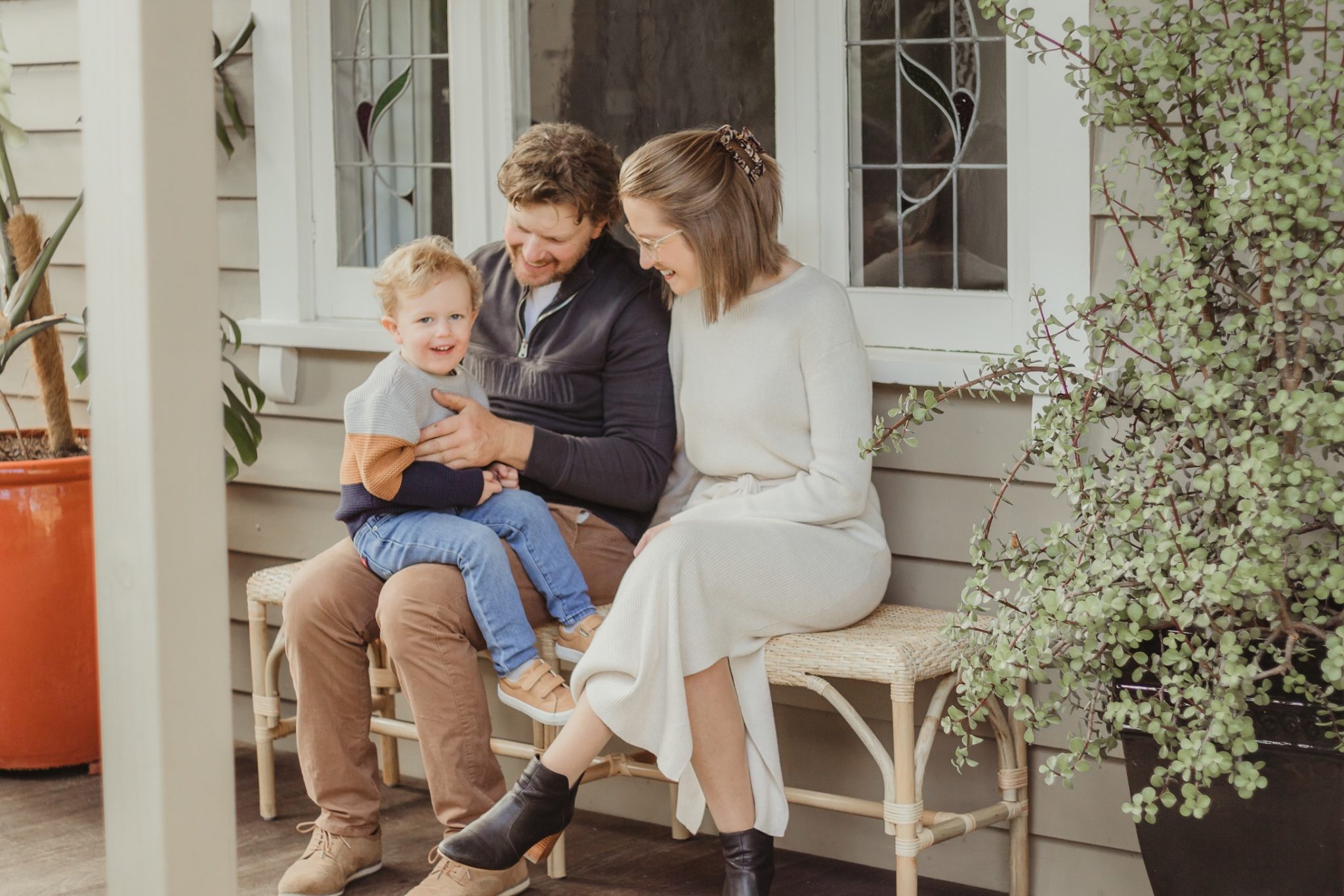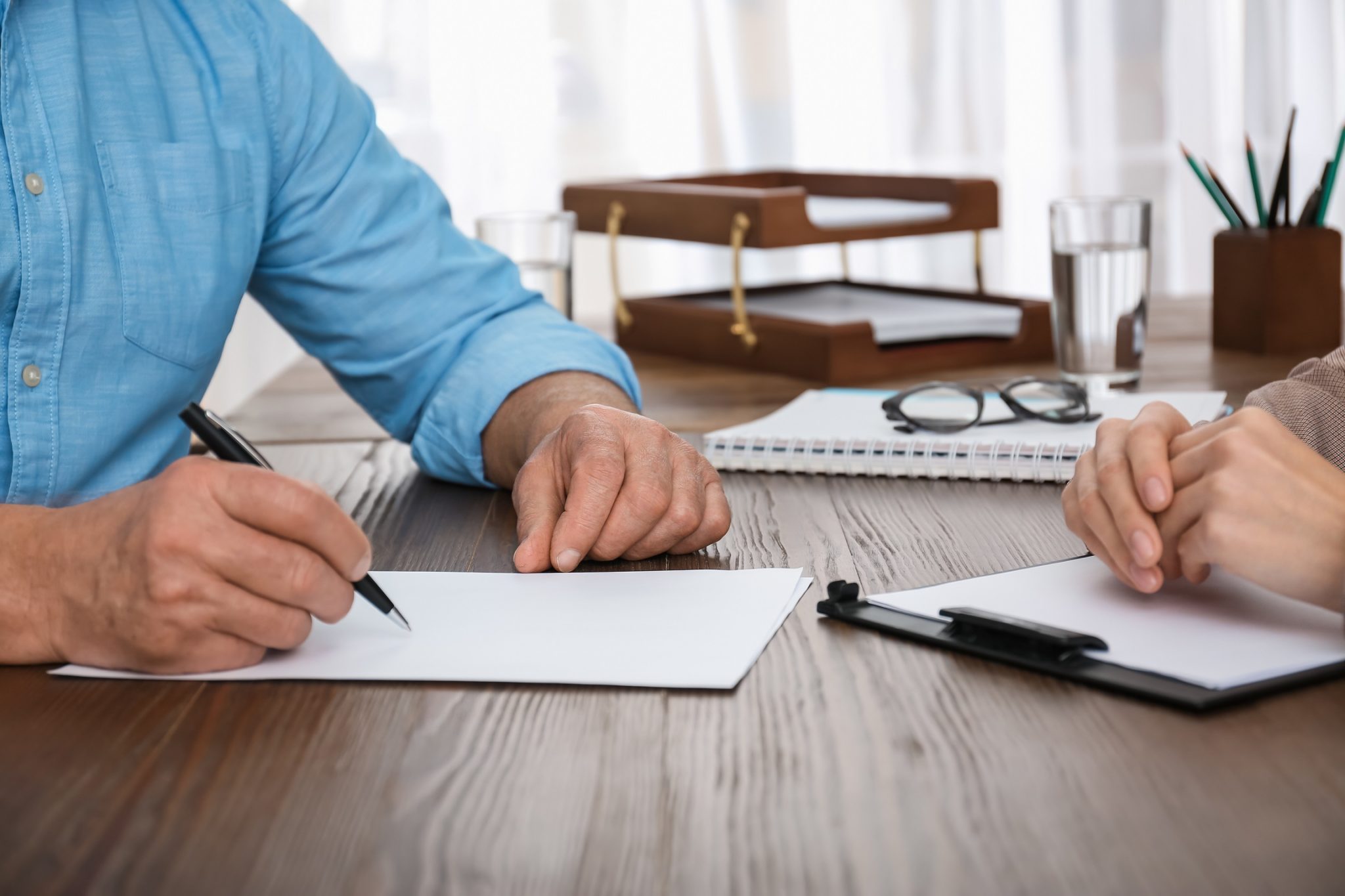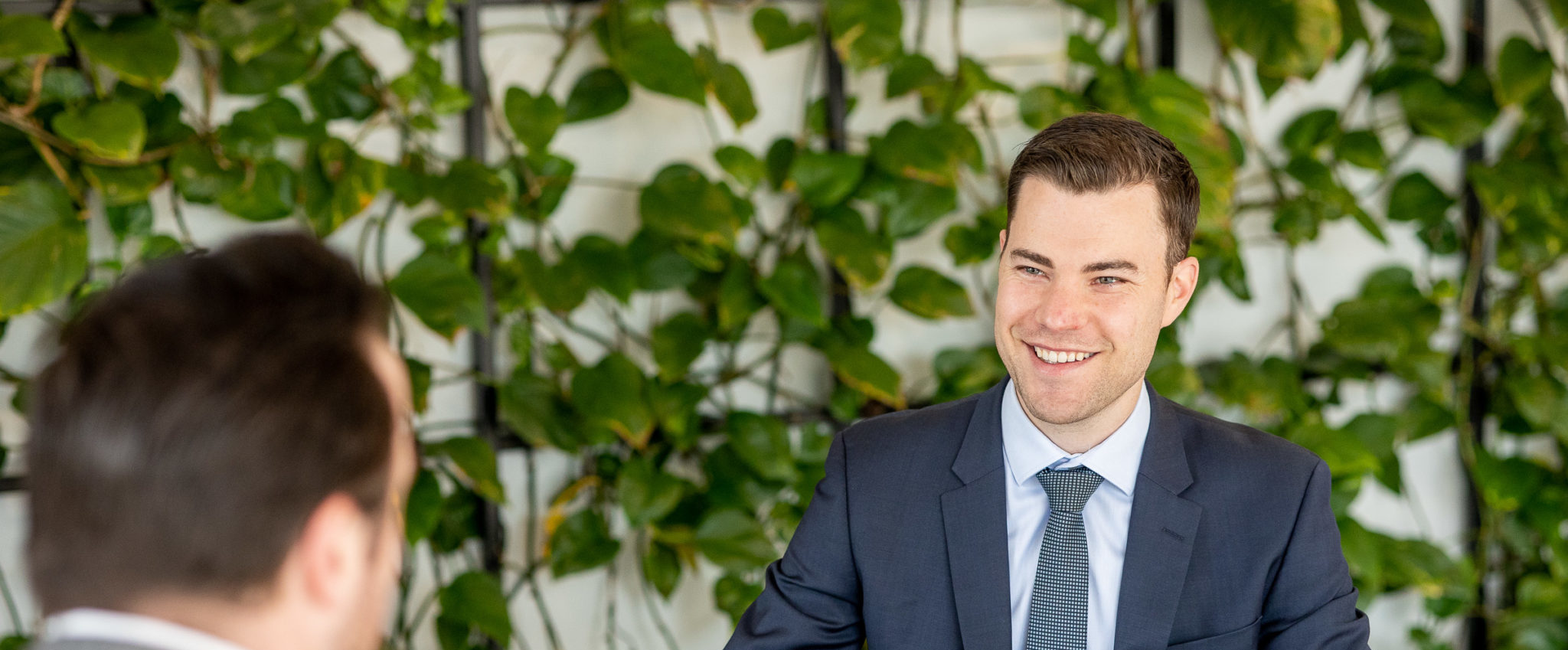We all know it is important to have an estate plan in place but before you get yours sorted (or have a review), I wanted to share what my estate plan looks like. In a nutshell, it’s probably not too dissimilar from yours or if you don’t have one yet, it’s probably what I’ll recommend for you (at least nine times of out ten!).
Let me set the scene
Hi, I’m Tess. A Senior Associate in the Wills, Estates & Succession Planning Team at Coulter Legal. I’m married and have one little one, he’s almost three and a very busy boy! My husband and I own our house (well, the bank does), we have some savings, standard superannuation accounts for our age and decent life insurance coverage. In essence, we’re an ‘ordinary’ little family and if something were to happen to my husband or I, we want the survivor to be able to live and raise our son comfortably.
So what do our Wills say?
When preparing a Will, there are three main things to consider:
- Who is the Executor?
- Who does the estate pass to, and how does it pass?
- Who looks after the kid/s?
Who is the Executor?
Our Wills appoint one another as Executor in the first instance. Our affairs are straightforward so we didn’t want to overcomplicate things if one of us passes away. In the future, we might change the ownership of our home around for asset protection purposes, and possibly set up a Trust, so we might change the Executors in the future, but for now, it’s one another.
If we both pass away, or the survivor can’t act as Executor (i.e. if they become incapacitated), we appoint some of our siblings – one from each side of the family. We decided on this because if something happens to both of us, we want both of our families involved in the estate administration which will ultimately impact the care of our little one.
Who does the estate pass to?
As my husband and I own our home jointly, it will pass to the survivor automatically when the first of us passes away. So, for all intents and purposes at the moment, the major asset to be dealt with when one of passes away will be our superannuation and life insurance. Our Wills contain Superannuation Proceeds Trusts, a type of Trust which affords tax benefits and asset protection for super and life insurance. The main reason these Trusts are included in our Wills is:
- To ensure those assets pass tax free, either to the survivor, or otherwise to our son if we are both deceased;
- To enable us to ‘control’ who looks after those funds, particularly if our little one is really little when we pass away; and
- To ensure the funds are protected if the survivor re-partners after the first of passes away – realistically, we cannot ever know what we happen after our death, but my husband and I want to ensure that our super and life insurance is ultimately used for our son’s benefit and this is one way we can ensure that happens.
Without going into too much detail, our Wills also include Testamentary Trusts – both for one another, and then for our son. Importantly, our Wills include Testamentary Trusts for any future children, as we are hopeful for one more, and they allow us to carefully control who looks after the Trust while our son is young, and then when we would be comfortable with him taking over control of his Trust. Given our little one is very little at the moment, we’ve settled on the age of 25, but can tweak this as he gets older and we get a sense for his spending habits and the like!
Our Wills also include a number of back up provisions, in case something happens to all of us, but essentially, our estate passes down our family line as far as it can (i.e. children, grandchildren, etc) and it can’t pass there, it will be split between family members.
Who looks after the kid/s?
This is a tough one – not just for our circumstances, but for almost every client I’ve ever met! We landed on one of our siblings as Guardian, with another sibling included as a back up (in case the first appointed Guardian can’t take on our sons’ care).
Our Wills also include a few wishes we have for how our son is raised, which are not binding on the Guardian, but may help them if they aren’t sure how we would’ve done things. These include:
- For our son to continue to have close relationships with both sides of his family; and
- For our son to remain at the school at which he is/was enrolled if practicable (we think he’ll have been through enough if he has lost my husband and I, so our preference is that he would not be uprooted from his school, if possible).
By no means is my list comprehensive – for more on what to consider when preparing your Will, click here.
What about our Powers of Attorney?
My husband and I understand that if something happened to us (i.e. an accident or serious illness), but we didn’t pass away, our Wills wouldn’t come into effect. So we have Powers of Attorney in place, in which we appoint who we want to make decisions for us if we can’t ourselves.
Unsurprisingly, we appoint one another first – keeping things simple. But if we are both incapacitated, we again appoint one sibling from each side of our family. The reason being, we want both of our families involved so that priority one, being our son, is appropriately cared for. The appointment of one sibling from both sides of the family also allows collaboration and delegation of tasks, so it doesn’t get too much for either one of them.
What about superannuation and life insurance?
As mentioned earlier, our Wills include Superannuation Proceeds Trusts, but our super and life insurance won’t automatically pass into those Trusts if we die. Instead, we have Binding Death Benefit Nominations in place directing our entitlements to our estate (technically, our “Legal Personal Representatives”) so they pass into the Trust/s. All of our Nominations expire after three years, so we are always checking our statements to ensure these Nominations remain valid and binding, to make the process as easy as possible for the survivor, when the first of us passes away.
And how often do we look at our estate planning?
One of the benefits of being an estate planning lawyer is that I can look at our estate planning any time I want or need – but life often gets in the way of that! For me, I give it a good look once a year, or if something dramatically changes in our life.
If, in the future, we go down the path of changing ownership of our home, or setting up a Trust, our estate plan will be updated quite a bit, as we’ll need to tweak our Executors, include some additional clauses in our Wills and then put in place documentation to cover the succession of the Trust (as a Trust does not just fall into our estate – it’s entirely separate).
So, why have I shared this?
Everybody needs an estate plan, and a comprehensive and tailored one at that. When I set up my estate plan, I just wanted to ensure my estate appropriately provided for my husband and son, and my plan did so in a way which maximised the opportunities for tax minimisation and asset protection. When I assist clients with their estate plans, I want exactly the same for them – to ensure their estate appropriately provides for those they leave behind and does so in a way which minimises tax and protects their legacy. If you’re ready to get started, click here now.











